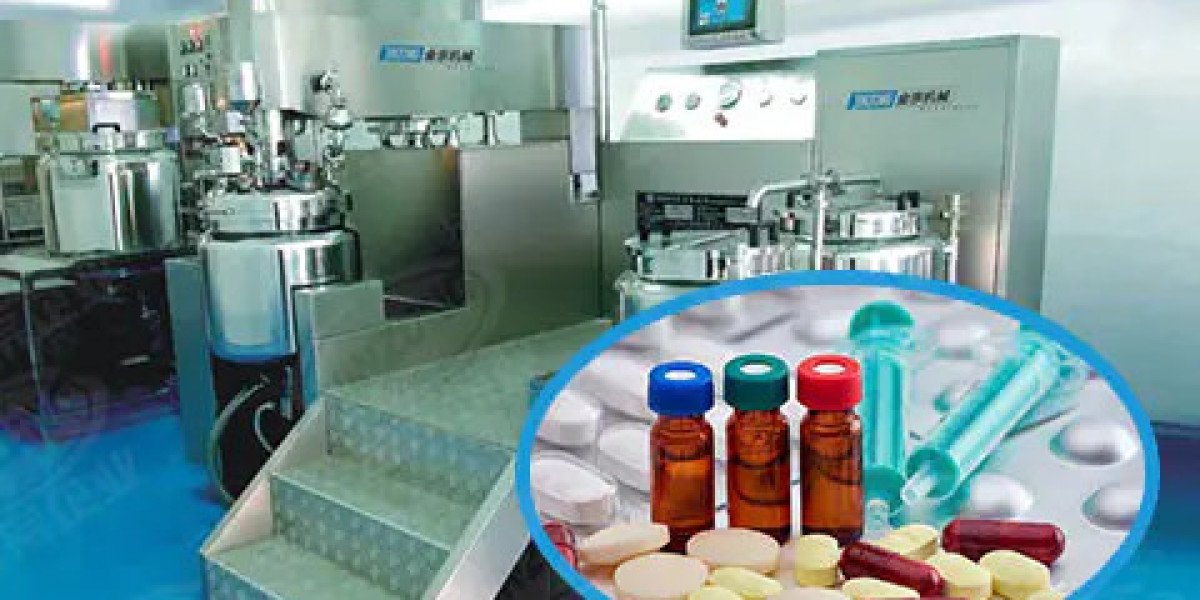The cosmetics industry is continuously evolving, driven by consumer demand for innovative products and sustainable practices. As we transition into 2024, the machinery that powers cosmetic manufacturing is also undergoing significant advancements. Here, we explore the emerging trends in cosmetic machinery manufacturing that are set to shape the industry in the coming year.
1. Automation and Robotics
One of the most significant trends in cosmetic cosmetic machine manufacturers is the increasing use of automation and robotics. Manufacturers are integrating automated systems to streamline production processes, reduce labor costs, and enhance precision. Robotic arms are becoming commonplace in packaging and filling lines, ensuring consistent quality and speed while minimizing human error. This shift not only improves efficiency but also allows for greater flexibility in manufacturing, enabling companies to quickly adapt to changing product demands.
2. Smart Manufacturing and IoT Integration
The concept of smart manufacturing is gaining traction in the cosmetic machinery sector. The integration of the Internet of Things (IoT) allows for real-time monitoring of manufacturing processes, providing valuable data insights that can help optimize production. Machinery equipped with IoT capabilities can communicate with other devices, allowing for predictive maintenance and minimizing downtime. In 2024, we can expect more manufacturers to adopt smart technologies to enhance productivity and maintain high-quality standards.
3. Sustainable Practices
Sustainability remains a driving force in the cosmetics industry, and this trend is influencing machinery manufacturing as well. In 2024, companies will increasingly invest in machines that are designed with eco-friendly practices in mind. This includes energy-efficient equipment, the use of recyclable materials, and processes that minimize waste. For instance, new machinery may utilize advanced mixing techniques that reduce excess product while maintaining quality, thereby contributing to a circular economy.
4. Personalization and Customization Capabilities
As consumers increasingly seek personalized products tailored to their unique needs, cosmetic manufacturers are rising to the challenge. In response, machinery is becoming more adaptable, enabling the production of customized formulations in smaller batches. Technologies such as modular systems and flexible manufacturing solutions allow companies to create a diverse range of products without extensive retooling. As we move into 2024, expect to see more machinery capable of supporting bespoke products and formulations.

5. Advanced Safety Features
Safety and compliance are paramount in the cosmetic manufacturing industry, and as regulations evolve, so too does the machinery that supports these processes. Emerging trends include the development of sophisticated safety features designed to protect both workers and products. This encompasses machinery that incorporates machine vision systems for quality control and advanced monitoring systems that ensure compliance with health and safety standards. In 2024, the emphasis on safety will lead to greater investments in technology that guarantees the integrity of the manufacturing environment.
6. Digital Transformation
The digital transformation of the cosmetic manufacturing sector is accelerating, with an increasing number of companies embracing digital tools and software solutions. From advanced analytics to supply chain management platforms, digital technologies are improving decision-making processes and operational efficiencies. In 2024, manufacturers will continue to prioritize digital integration to enhance collaboration, transparency, and responsiveness throughout the production lifecycle.
Conclusion
As we look ahead to 2024, the cosmetic machinery manufacturing industry is poised for remarkable change. Automation, smart manufacturing, sustainability, personalization, advanced safety features, and digital transformation are all emerging trends that will shape the future of cosmetic production. Companies that embrace these innovations will not only enhance their operational efficiency but also align with consumer expectations for quality, safety, and environmental responsibility. As the industry evolves, staying informed and adaptable will be essential for success in this dynamic market.








